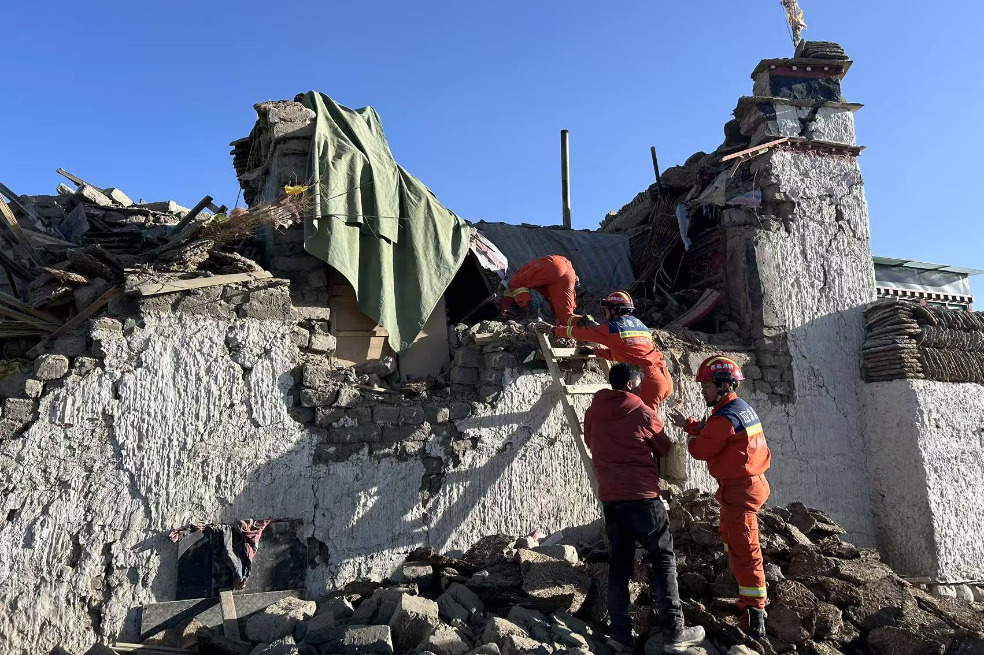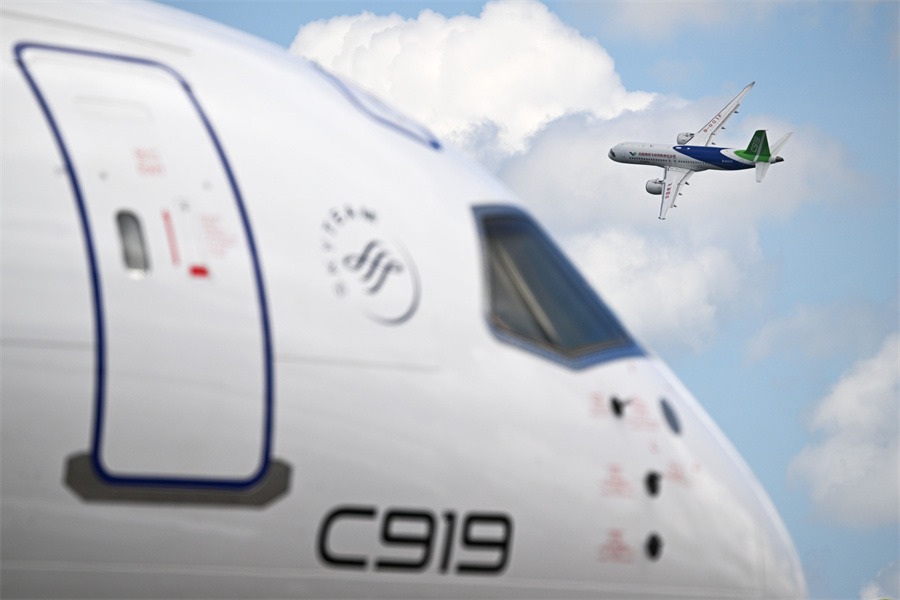EU must beware Washington's forked tongue


On June 15, the European Commission for the first time labeled Huawei and ZTE as telecom providers that pose a higher security risk to the European Union, declaring that EU member states should also immediately take concrete measures to reduce the risk.
But it has failed to provide any evidence. This is a presumption of guilt, to which China is firmly opposed. The fact is that Chinese telecommunications companies have been operating in Europe for many years, and they have not only never jeopardized European national security, but also vigorously promoted the development of the European telecommunications sector.
In the absence of any legal basis and factual evidence, the European Commission's move regarding the Chinese companies violates the spirit of the rule of law and blatantly violates the principles of the market economy, free trade and fair competition that the European side has always touted. The EU should abide by international economic and trade rules, avoid politicizing security issues, and refrain from oppressing other countries' companies in the name of security.
As for the concept of "de-risking" hyped by the West, China has stressed that the interdependence between China and Germany in economy and trade is an inevitable result of economic globalization.
China's trade with Germany has long accounted for nearly 30 percent of the total trade between China and Europe. But the Chinese side has never worried about its "over-dependence" on Germany, and has never believed that this will pose "risks" to China. Any attempts by the EU to apply the brakes and obstruct normal economic and trade cooperation with China will only backfire and outweigh its gains.
For example, in Germany, internal Deutsche Bahn documents obtained exclusively by Der Spiegel show that nearly 800 base stations used for train radio communications in northern Germany alone would need to be replaced if all components supplied by Huawei have to be screened. It is estimated that to replace all Huawei equipment in the country's railway system would cost €400 million ($439 million), and that would result in significant project delays.
The EU should not give credence to the United States' scaremongering, which is purely in its own interests.
- GUANCHA.CN


































